Home>Renovation & DIY>Home Renovation Guides>When Do You Have To Obtain A Permit For A Home Improvement


Home Renovation Guides
When Do You Have To Obtain A Permit For A Home Improvement
Modified: January 3, 2024
Learn when you need a permit for your home renovation project and avoid costly mistakes. Get expert guidance on obtaining permits for your home improvement.
(Many of the links in this article redirect to a specific reviewed product. Your purchase of these products through affiliate links helps to generate commission for Storables.com, at no extra cost. Learn more)
**
Introduction
**
Undertaking home improvement projects can be an exciting endeavor, allowing homeowners to enhance their living spaces and increase the value of their properties. Whether it's a kitchen renovation, a bathroom upgrade, or the addition of a new deck, these projects can significantly improve the functionality and aesthetics of a home. However, amidst the enthusiasm of planning and executing these improvements, it's crucial to be aware of the regulatory requirements that may apply. One such requirement is obtaining a building permit.
In this comprehensive guide, we will delve into the realm of building permits for home improvements, shedding light on when they are necessary, the common projects that require them, and the potential consequences of neglecting this vital step. By understanding the nuances of building permits, homeowners can navigate the renovation process with confidence, ensuring compliance with local regulations and safeguarding the integrity of their investments.
Throughout this article, we aim to demystify the often perplexing subject of building permits, offering valuable insights and practical advice to empower homeowners in their pursuit of creating the home of their dreams. So, let's embark on this enlightening journey, unraveling the intricacies of building permits for home improvements.
Now, let's delve into the fundamental aspects of building permits, starting with a clear understanding of their purpose and significance.
**
Key Takeaways:
- Always obtain a building permit for home improvements involving structural changes, roofing, electrical or plumbing upgrades, and additions to ensure safety, compliance, and legal integrity.
- Neglecting a building permit can lead to safety hazards, legal issues, insurance problems, and diminished property value, impacting the long-term viability and marketability of home improvement projects.
Understanding Building Permits
**
Before delving into the specific scenarios that necessitate a building permit, it’s essential to grasp the fundamental concept of what a building permit entails. Essentially, a building permit is an official approval issued by a local government or regulatory authority that grants permission to commence construction, renovation, or alteration of a structure. This critical document serves as a testament to the fact that the proposed work complies with the relevant building codes, zoning regulations, and other applicable standards.
Building permits are instrumental in upholding the safety and structural integrity of buildings, as they ensure that construction projects adhere to established guidelines and best practices. By mandating the acquisition of building permits, authorities aim to safeguard the well-being of occupants and the community at large, mitigating potential hazards and substandard construction.
Moreover, building permits facilitate oversight and accountability, as they enable regulatory agencies to inspect the work at various stages, ensuring that it aligns with the approved plans and complies with safety standards. This oversight mechanism helps prevent unauthorized or non-compliant construction, fostering a culture of responsible and conscientious building practices.
Furthermore, building permits contribute to the orderly development of communities, as they promote adherence to zoning regulations, property aesthetics, and environmental considerations. By regulating construction activities, building permits play a pivotal role in preserving the character and cohesion of neighborhoods, fostering a harmonious and visually appealing urban landscape.
Understanding the underlying purpose and significance of building permits sets the stage for comprehending the circumstances under which they are required. In the subsequent section, we will explore the specific triggers that necessitate the procurement of a building permit for home improvement projects.
**
When Is a Building Permit Required?
**
One of the most common queries that homeowners encounter when contemplating home improvement projects is determining whether a building permit is necessary. The answer to this question hinges on the nature and scope of the proposed work, as well as the specific regulations stipulated by local authorities.
Generally, building permits are mandated for projects that involve structural modifications, alterations to the building’s footprint, or changes to its mechanical, electrical, or plumbing systems. This encompasses a wide array of undertakings, including but not limited to:
- Adding or removing walls
- Installing or replacing windows and doors
- Constructing or demolishing a deck or patio
- Modifying the roofline or foundation
- Upgrading electrical wiring or panels
- Altering plumbing fixtures or piping
Furthermore, projects that involve significant aesthetic or functional enhancements, such as remodeling a kitchen or bathroom, often necessitate a building permit due to the potential impact on the structure’s integrity and compliance with building codes.
It’s important to note that the threshold for requiring a building permit may vary depending on the jurisdiction and the specific regulations enforced by local building departments. While some minor cosmetic alterations or non-structural improvements may not trigger the need for a permit, it’s advisable to consult with the relevant authorities or a qualified professional to ascertain the regulatory requirements applicable to the planned project.
Another factor that influences the need for a building permit is the classification of the property. For instance, historic or designated heritage properties may be subject to additional scrutiny and stringent regulations, necessitating permits for a broader scope of alterations to preserve the architectural and historical significance of the structure.
By familiarizing themselves with the criteria that dictate when a building permit is required, homeowners can proactively navigate the regulatory landscape, ensuring compliance with the prescribed protocols and preempting potential complications during the execution of their home improvement endeavors.
Now that we’ve elucidated the circumstances that trigger the requirement for a building permit, let’s delve into the specific home improvement projects that commonly necessitate this regulatory approval.
**
Before starting any home improvement project, check with your local government to see if a permit is required. Permits are typically needed for structural changes, electrical work, plumbing, and major renovations. It’s better to be safe than sorry!
Common Home Improvement Projects That Require Permits
**
When embarking on home improvement projects, it’s imperative to recognize the prevalent endeavors that typically mandate the acquisition of a building permit. Understanding these common projects can empower homeowners to proactively assess the regulatory implications and streamline the permit procurement process.
1. Structural Modifications: Any alterations that impact the structural integrity of a building, such as adding or removing walls, reconfiguring load-bearing elements, or modifying the foundation, invariably necessitate a building permit. These modifications are pivotal in preserving the stability and safety of the structure, warranting regulatory oversight to ensure compliance with engineering standards.
2. Roofing and Siding Replacement: Replacing or significantly altering the roofing or siding of a property typically falls within the purview of building permit requirements. Given the critical role of these components in safeguarding the building envelope and insulating the interior, regulatory authorities mandate permits to uphold quality and safety standards.
3. Electrical and Plumbing Upgrades: Projects involving the installation, modification, or extension of electrical wiring, panels, or circuits, as well as alterations to plumbing systems, invariably demand building permits. These upgrades are subject to stringent regulations to mitigate electrical hazards, ensure code-compliant installations, and uphold plumbing standards.
4. Additions and Expansions: Whether it’s constructing a new room, building an additional floor, or expanding the footprint of a property, endeavors that augment the living space or alter the building’s dimensions typically require building permits. These projects necessitate scrutiny to ascertain compliance with zoning regulations, structural stability, and adherence to building codes.
5. Deck and Patio Construction: Building or renovating outdoor structures, such as decks, patios, or pergolas, commonly triggers the need for building permits. Regulatory authorities oversee these projects to verify structural integrity, load-bearing capacity, and compliance with safety standards, ensuring the safety and longevity of these outdoor amenities.
6. Window and Door Installations: Installing or replacing windows and doors often requires building permits, as these components play a crucial role in maintaining energy efficiency, weather resistance, and ingress/egress functionality. Regulatory oversight ensures that these installations align with building codes and uphold the building’s overall performance.
By recognizing the spectrum of home improvement projects that typically mandate building permits, homeowners can navigate their renovation endeavors with clarity and foresight, proactively addressing regulatory requirements and fostering a seamless progression of their improvement initiatives.
As we delve into the implications of neglecting the procurement of a building permit, it becomes evident that adherence to regulatory protocols is paramount in safeguarding the integrity and value of home improvement projects.
Consequences of Not Obtaining a Building Permit
While the prospect of circumventing the process of obtaining a building permit may seem alluring to some homeowners, the ramifications of doing so can be far-reaching and detrimental. Failing to adhere to the requisite permit protocols can engender a host of adverse consequences that compromise the safety, legality, and long-term viability of home improvement projects.
1. Safety and Compliance Concerns: Building permits are instrumental in ensuring that construction and renovation activities adhere to established safety standards and building codes. By bypassing the permit requirement, homeowners risk compromising the structural integrity, electrical safety, and overall compliance of their projects. This can pose hazards to occupants, undermine the property’s resale value, and lead to costly remediation efforts in the event of code violations.
2. Legal Implications: Non-compliance with building permit regulations can culminate in legal entanglements and financial liabilities. In many jurisdictions, undertaking unpermitted construction can result in hefty fines, stop-work orders, and the prospect of legal action. Moreover, when selling the property, unpermitted improvements may trigger complications during inspections and appraisals, impeding the sale process and diminishing the property’s market appeal.
3. Insurance and Warranty Implications: Homeowners insurance policies and warranties may be contingent on adherence to building permit requirements. Engaging in unpermitted construction could jeopardize insurance coverage, leaving homeowners vulnerable to liabilities in the event of property damage or personal injury. Additionally, warranties for materials and installations may be voided if the work was not carried out in compliance with regulatory mandates, exposing homeowners to undue risks and financial burdens.
4. Resale and Appraisal Challenges: Unpermitted improvements can pose significant obstacles when selling a property. Prospective buyers, lenders, and appraisers may scrutinize unpermitted work, casting doubts on the quality, safety, and legal standing of the alterations. This can impede the sale process, diminish the property’s market value, and necessitate retrospective permitting or remedial measures, entailing additional expenses and delays.
5. Diminished Property Value: Unpermitted improvements can detract from the overall value and desirability of a property. Appraisers and real estate professionals may appraise the property at a lower value, taking into account the uncertainties and risks associated with unpermitted work. This can undermine the return on investment for homeowners and curtail the marketability of the property.
By comprehending the potential repercussions of disregarding the imperative of obtaining a building permit, homeowners can make informed decisions and prioritize regulatory compliance in their pursuit of home improvement projects. The next section encapsulates the significance of adhering to permit requirements and the overarching benefits of regulatory diligence.
Conclusion
As we conclude this insightful exploration of building permits for home improvement projects, it becomes evident that regulatory compliance is a cornerstone of responsible and sustainable renovation endeavors. The acquisition of building permits is not merely a bureaucratic formality; rather, it is a vital mechanism for upholding safety, quality, and legal integrity in the realm of construction and renovation.
By embracing the imperative of obtaining building permits, homeowners demonstrate a commitment to adhering to established standards, safeguarding their investments, and fostering a culture of conscientious and accountable construction practices. The regulatory oversight facilitated by building permits serves as a safeguard against substandard work, safety hazards, and legal entanglements, engendering peace of mind and long-term value for homeowners.
Furthermore, regulatory compliance enhances the marketability and desirability of properties, positioning homeowners for a seamless and rewarding selling process should they choose to place their homes on the market. Permitted improvements convey a sense of diligence, quality, and legality, resonating positively with potential buyers and appraisers.
Ultimately, the journey of home improvement is enriched when underpinned by an ethos of regulatory diligence and commitment to best practices. By embracing the guidance and oversight provided by building permits, homeowners embark on a trajectory of informed decision-making, responsible construction, and enduring value creation.
As homeowners navigate the landscape of home improvement projects, may the wisdom gleaned from this guide serve as a compass, illuminating the path towards regulatory adherence, safety, and the realization of transformative living spaces.
With a steadfast dedication to regulatory compliance, homeowners can embark on their renovation odyssey with confidence, knowing that their endeavors are underpinned by the pillars of safety, quality, and legal soundness.
Frequently Asked Questions about When Do You Have To Obtain A Permit For A Home Improvement
Was this page helpful?
At Storables.com, we guarantee accurate and reliable information. Our content, validated by Expert Board Contributors, is crafted following stringent Editorial Policies. We're committed to providing you with well-researched, expert-backed insights for all your informational needs.
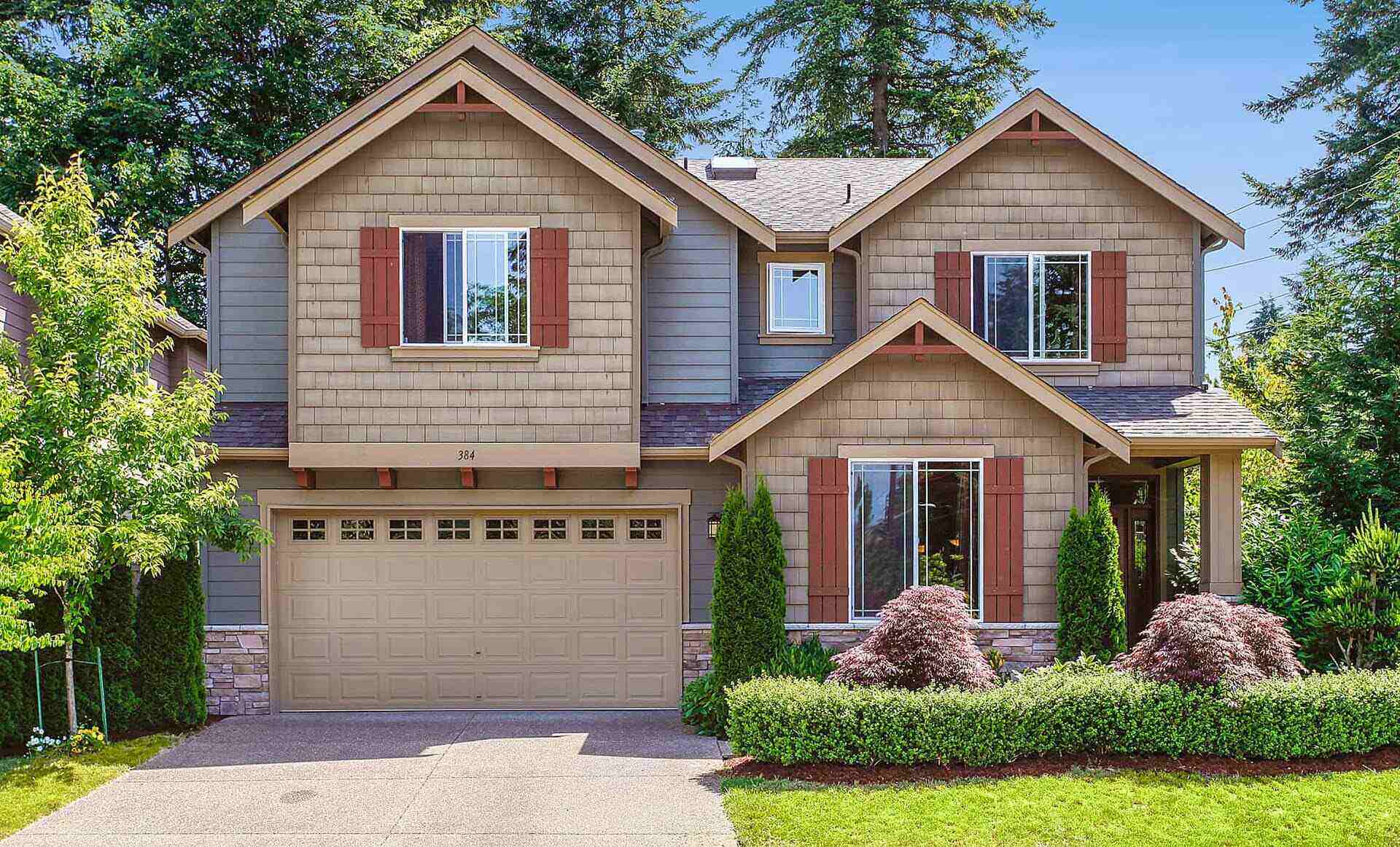

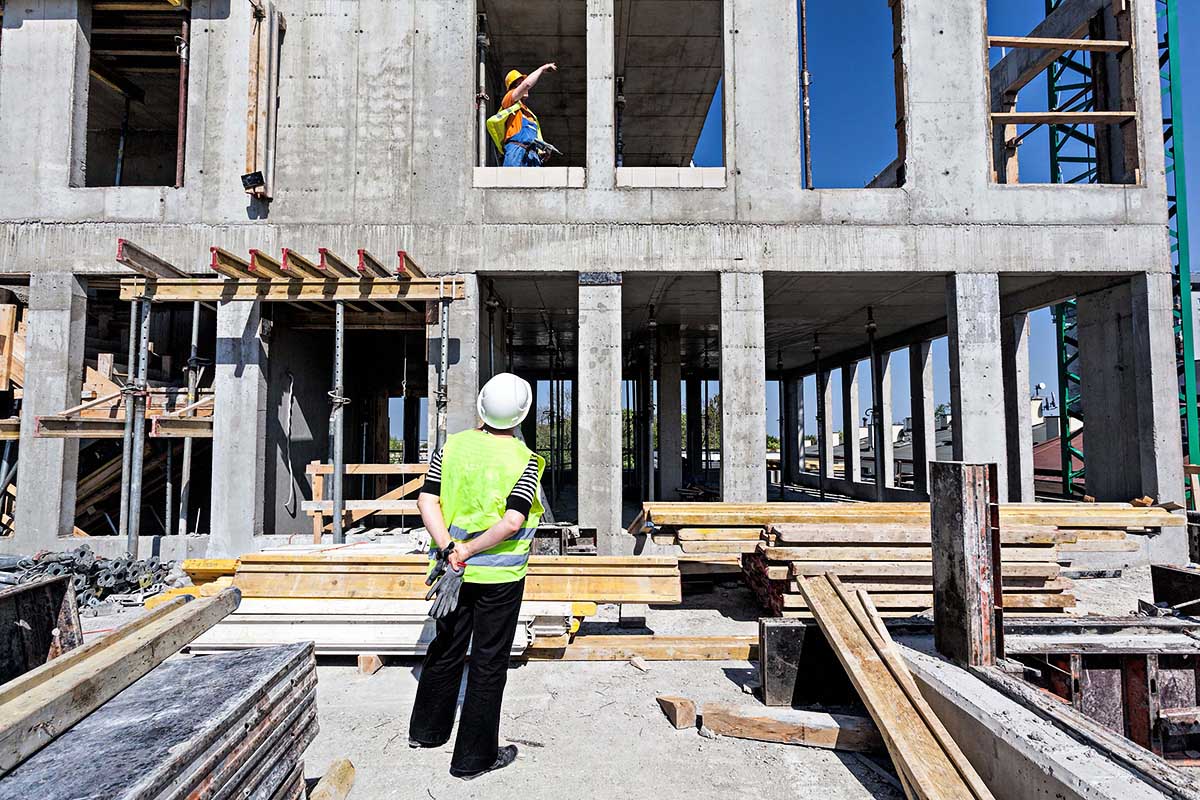
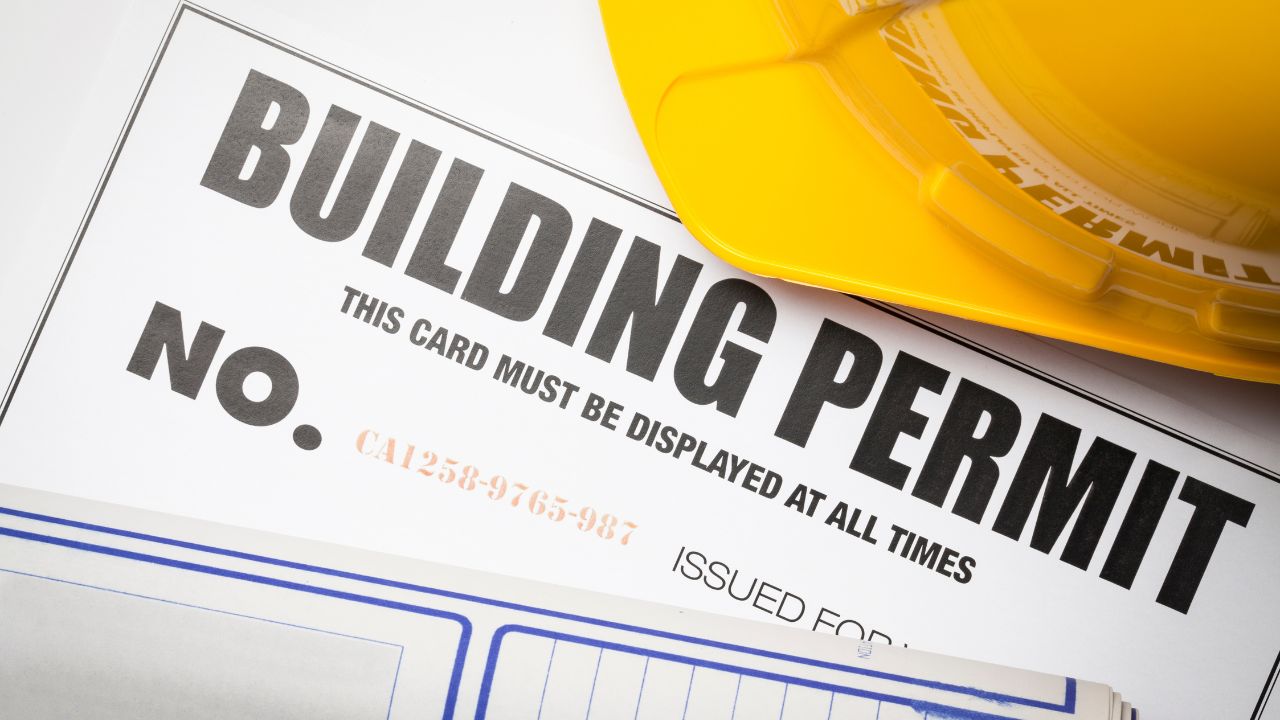
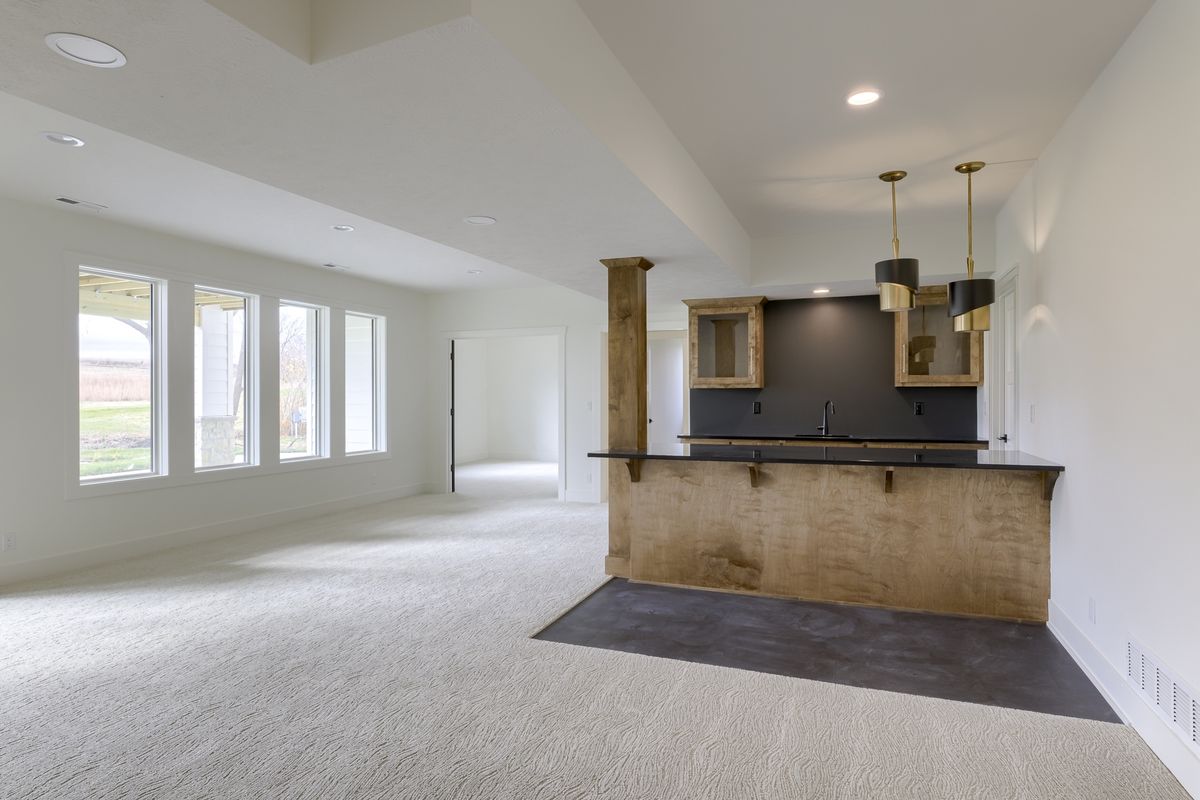
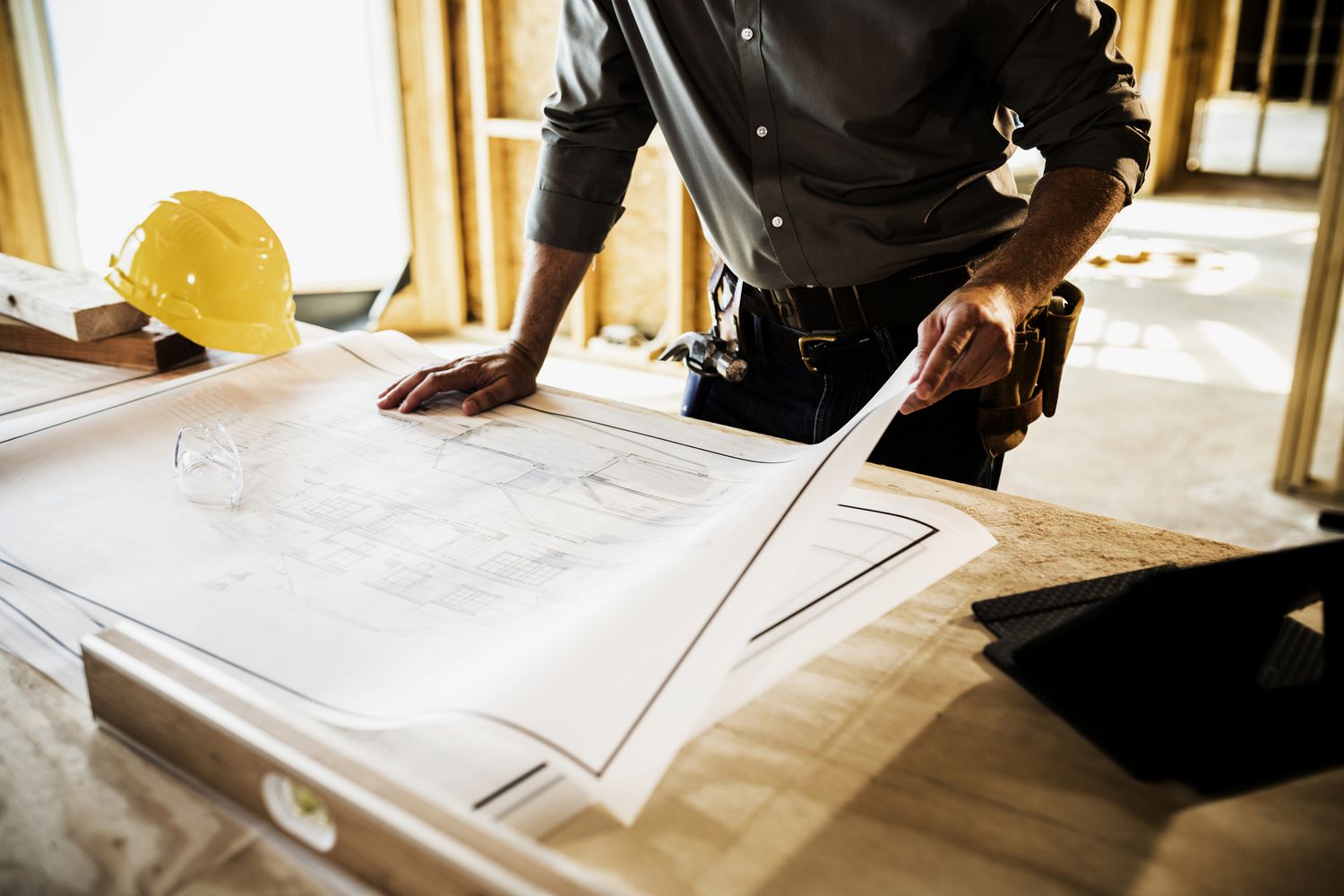
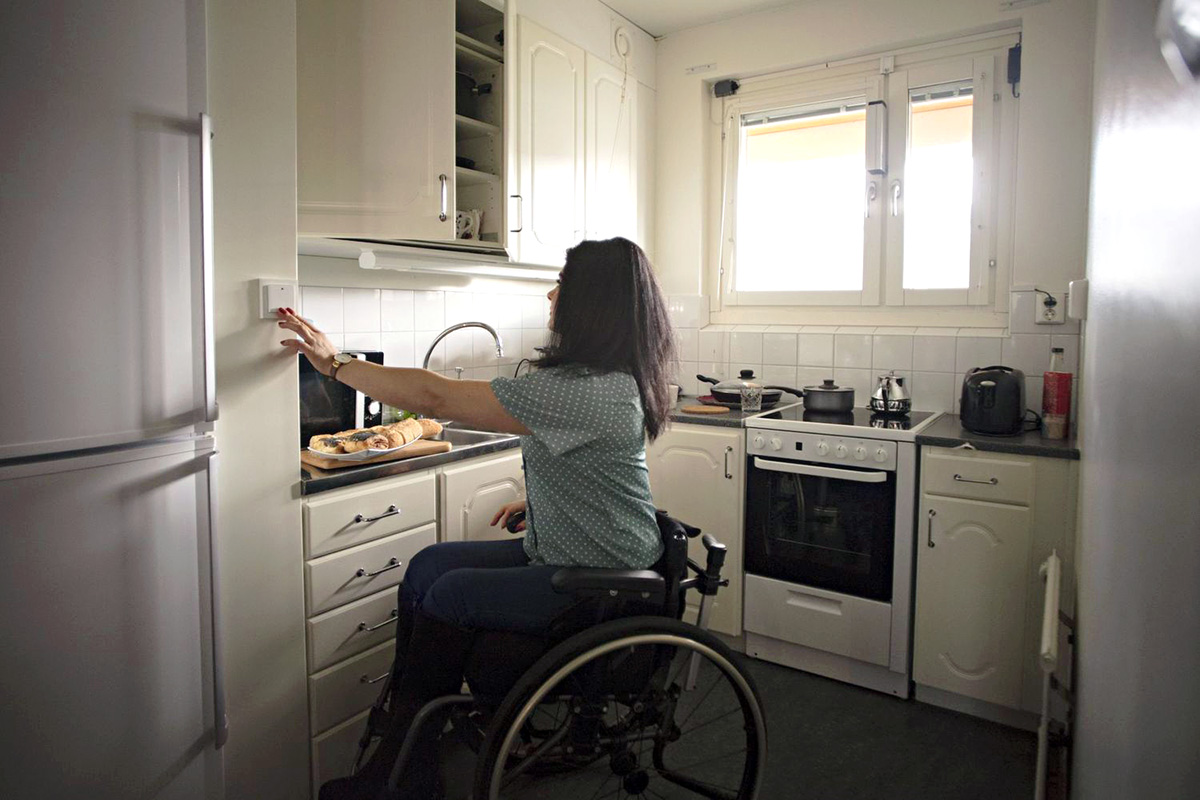

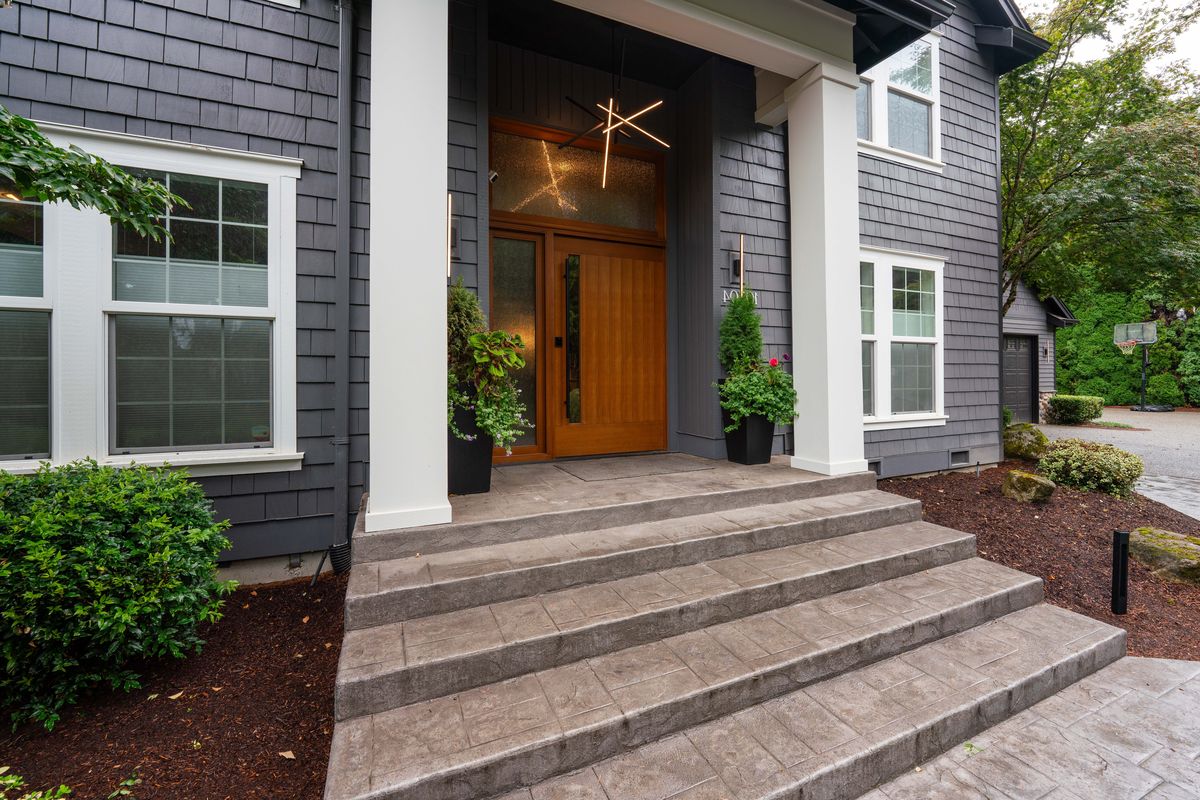
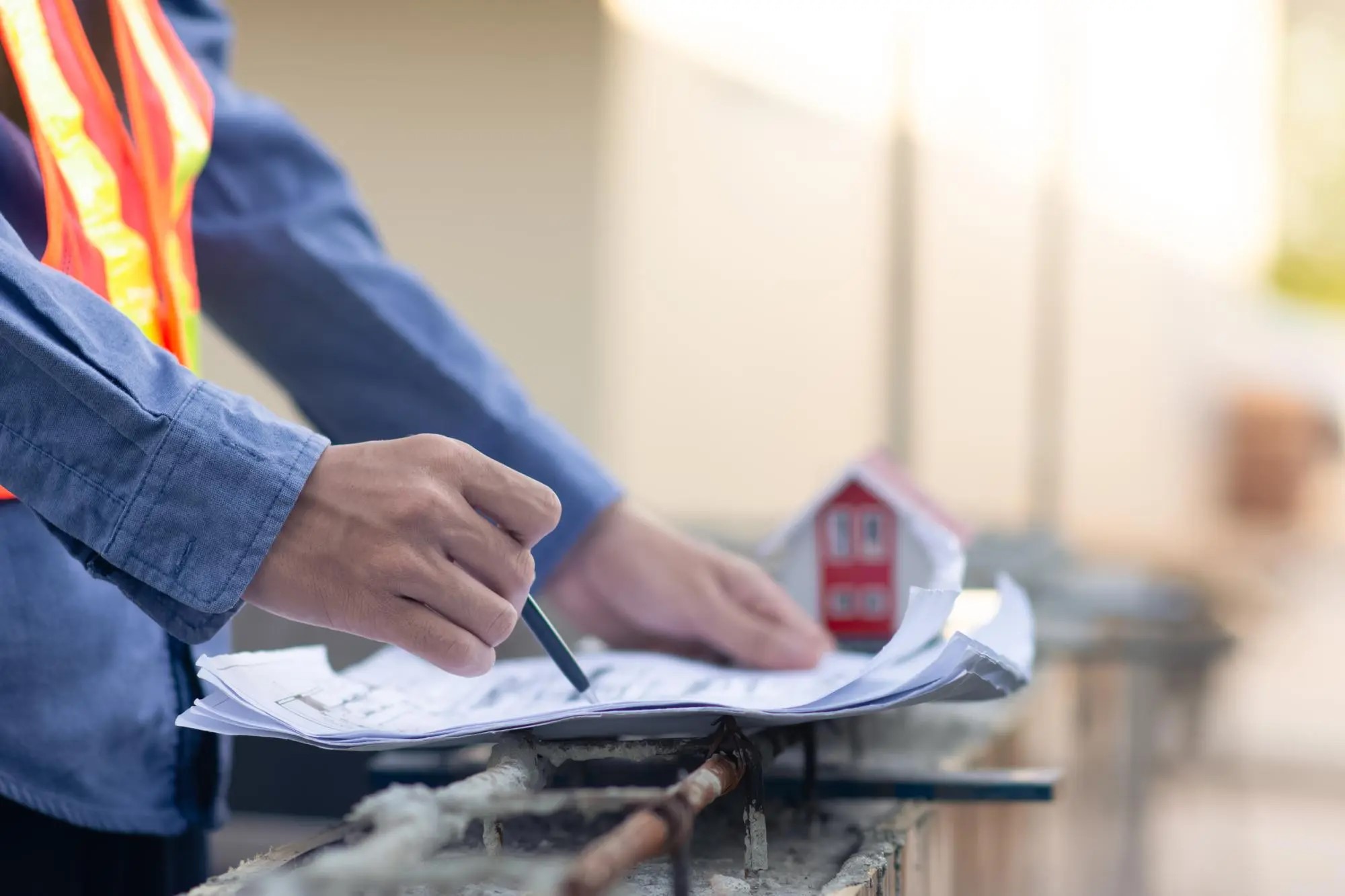

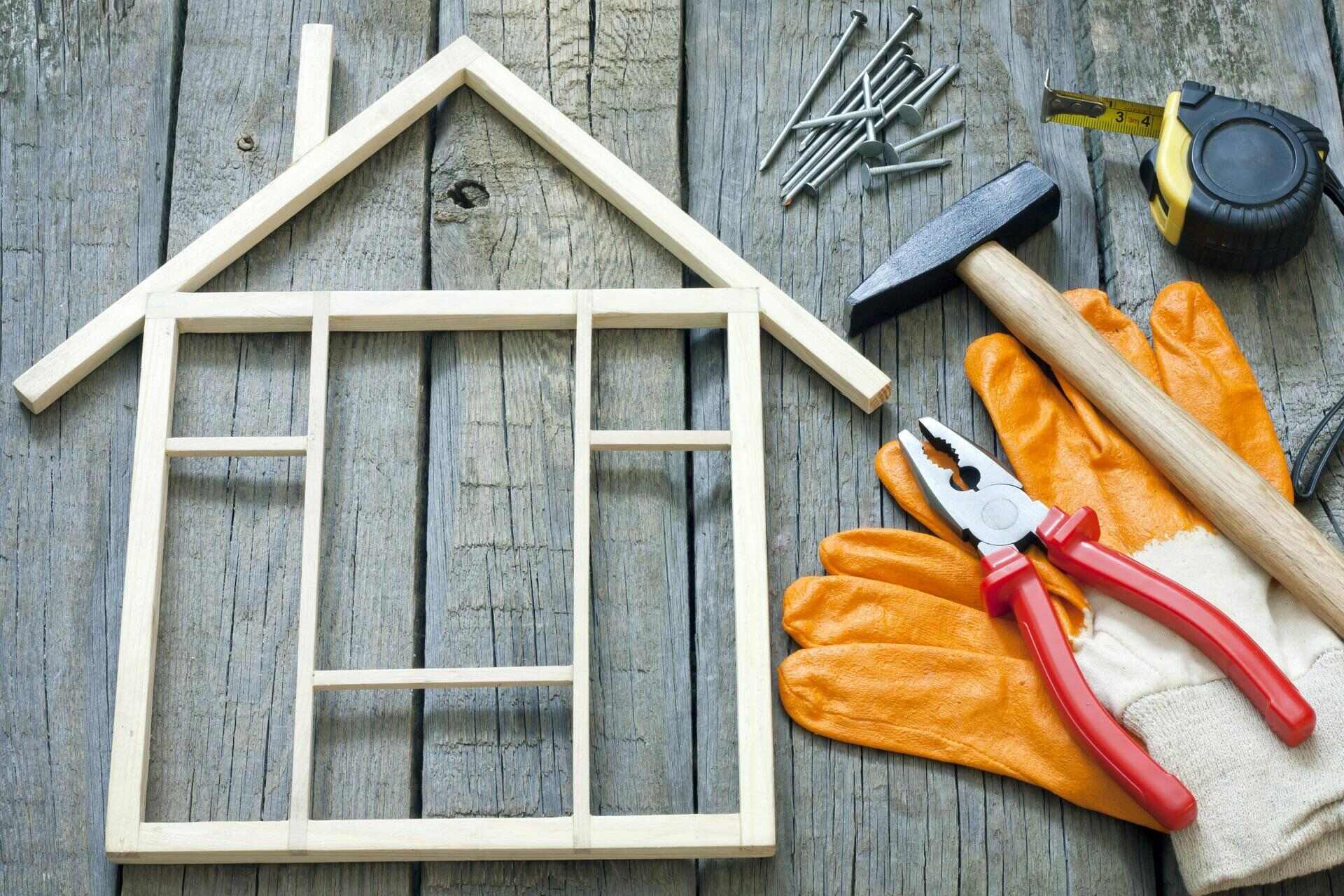

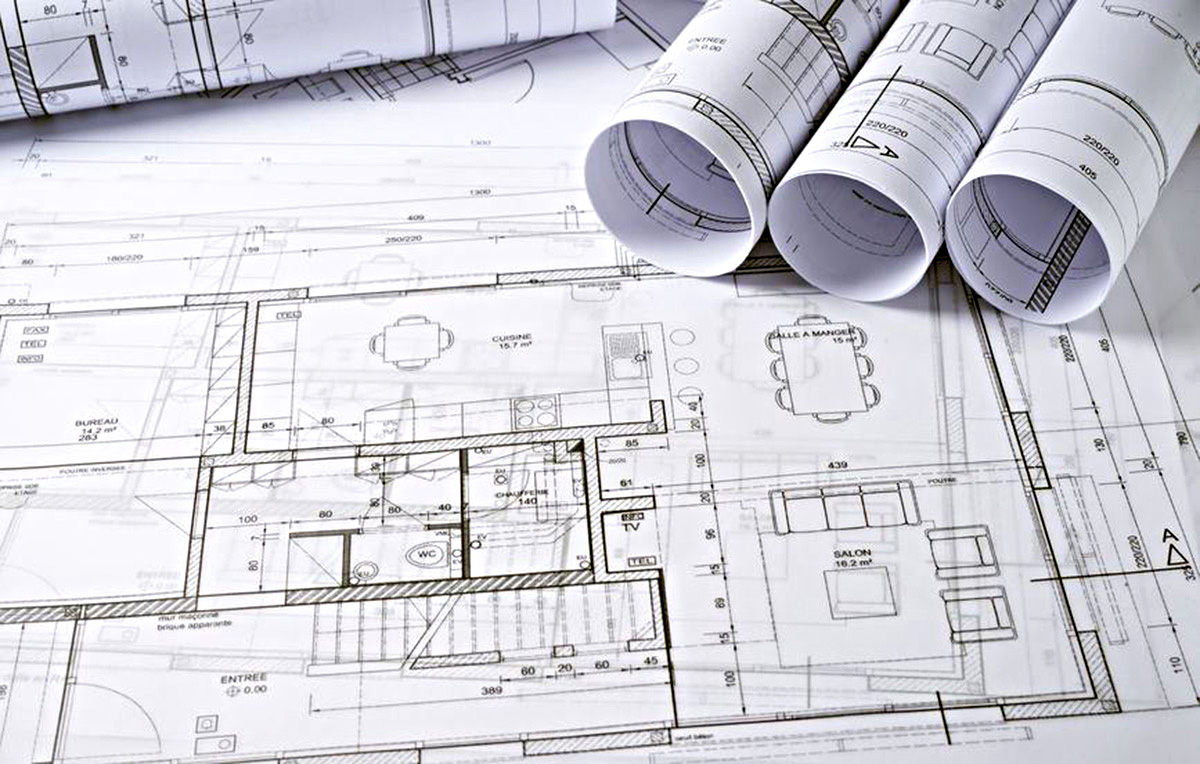

0 thoughts on “When Do You Have To Obtain A Permit For A Home Improvement”